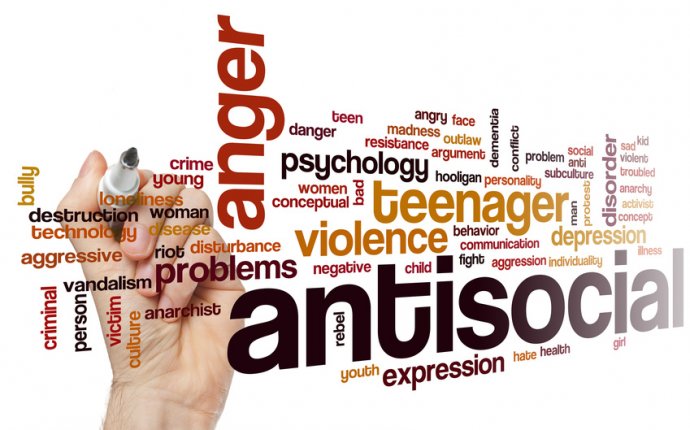
Personality Disorder Symptoms
Borderline personality disorder is a mental illness that causes intense mood swings, impulsive behaviors, and severe problems with self-worth. It can lead to troubled relationships in every area of a person's life.
Most of the time, signs of the disorder first appear in childhood. But problems often don't start until early adulthood. Treatment can be hard, and getting better can take years. Problems with emotions and behaviors are hard to improve. But with treatment, most people with severe symptoms do get better over time.
What causes this disorder?
Often, people who get it faced some kind of childhood trauma such as abuse, neglect, or the death of a parent. The risk is higher when people who had childhood trauma also have problems coping with anxiety or stress.
What are the symptoms?
Everyone has problems with emotions or behaviors sometimes. But if you have borderline personality disorder, the problems are severe, repeat over a long time, and disrupt your life. The most common symptoms include:
- Intense emotions and mood swings.
- Harmful, impulsive behaviors. These may include things like substance abuse, binge eating, out-of-control spending, risky sexual behavior, and reckless driving.
- Relationship problems. You may see others as either "good" or "bad" and may shift from one view to the other suddenly, for minor reasons. This can make relationships very difficult.
- Low self-worth.
- A frantic fear of being left alone (abandoned). This fear may lead to frantic attempts to hold on to those around you. Or it may cause you to reject others before they can reject you.
- Aggressive behavior.
Other symptoms may include:
- Feeling empty inside.
- Hurting yourself, such as cutting or burning yourself.
- Suicide attempts and suicidal thoughts.
It's easy to confuse this disorder with other mental illnesses. And they may overlap. So if you think that you or someone you know may have borderline personality disorder, see a doctor. Don't try to diagnose yourself.
How is it treated?
But you can take steps to help control the disorder. Long-term treatment can reduce symptoms and harmful behaviors and help you better manage your emotions. Treatment may include:
- Counseling and therapy. It's important to find a counselor you can build a stable relationship with. This can be hard, because your condition may cause you to see your counselor as caring one minute and cruel the next, especially when he or she asks you to try to change a behavior. Try to find a counselor who has special training in dialectical behavioral therapy (DBT) to treat this disorder.
- Medicines, such as antidepressants, mood stabilizers, and antipsychotics. In combination with counseling or therapy, they may be helpful in treating symptoms of borderline personality disorder.
Many people find relief from harmful symptoms within the first year of treatment. And about half of those treated find that they no longer have most of the behaviors after about 10 years of treatment.
Unfortunately, many people don't seek treatment for mental health problems. They may think that their symptoms aren't bad enough or that they can work things out on their own. But getting treatment is key to improving your symptoms and the quality of your life.
People with this disorder often have other mental health problems such as depression, eating disorders, or substance abuse. Treatment can help with these problems too.
How can family and friends help? What can they do to cope?
Accepting that a loved one has a personality disorder can be hard. You may feel helpless. But there are things you can do to help. Show love, and learn as much as you can about the illness. Understand that the behavior you may see-which may include anger directed at you-is caused by the illness, not by the person you love.
Know when to get help. This disorder can cause a person to become angry, violent, or suicidal. Take these situations seriously. Call for help if you think the person may be in danger or may harm someone else.
Finding your own support is important too. Ask your local or state health department about local support organizations, or contact the National Alliance on Mental Illness. For more information, go to www.nami.org.
WebMD Medical Reference from Healthwise
This information is not intended to replace the advice of a doctor. Healthwise disclaims any liability for the decisions you make based on this information.© 1995-2015 Healthwise, Incorporated. Healthwise, Healthwise for every health decision, and the Healthwise logo are trademarks of Healthwise, Incorporated.








